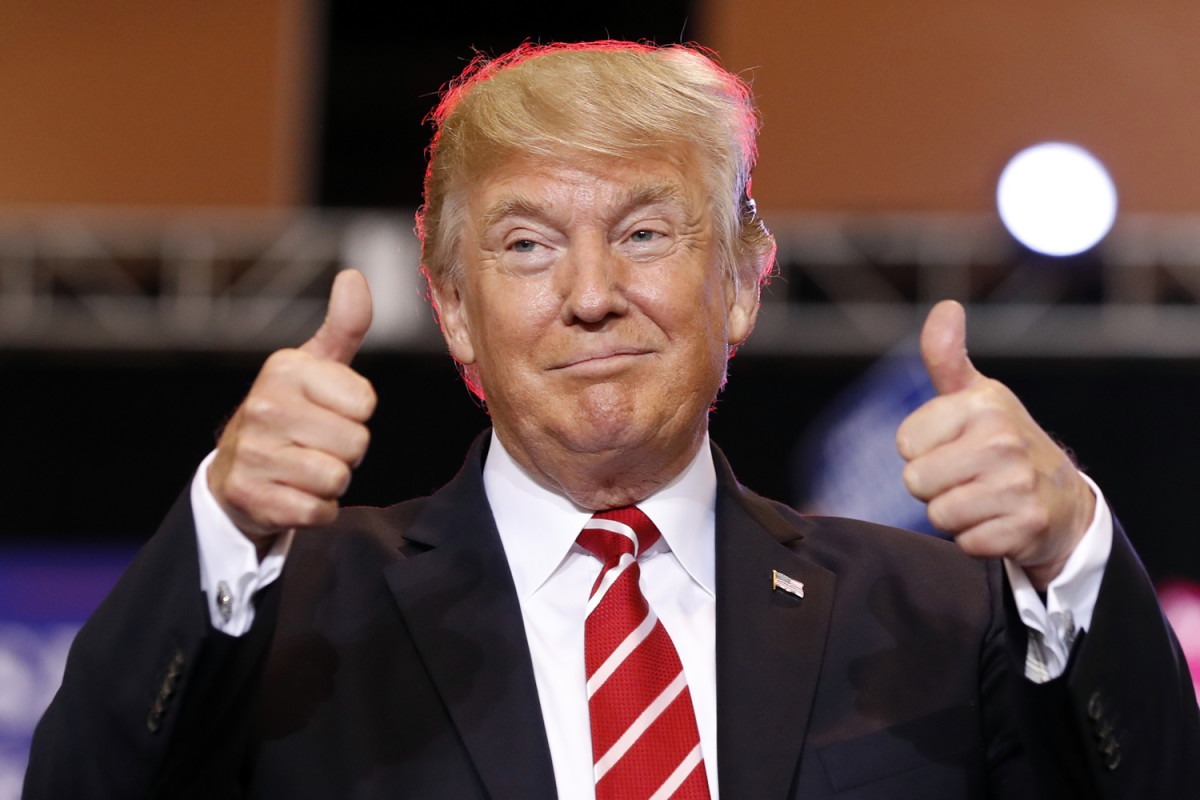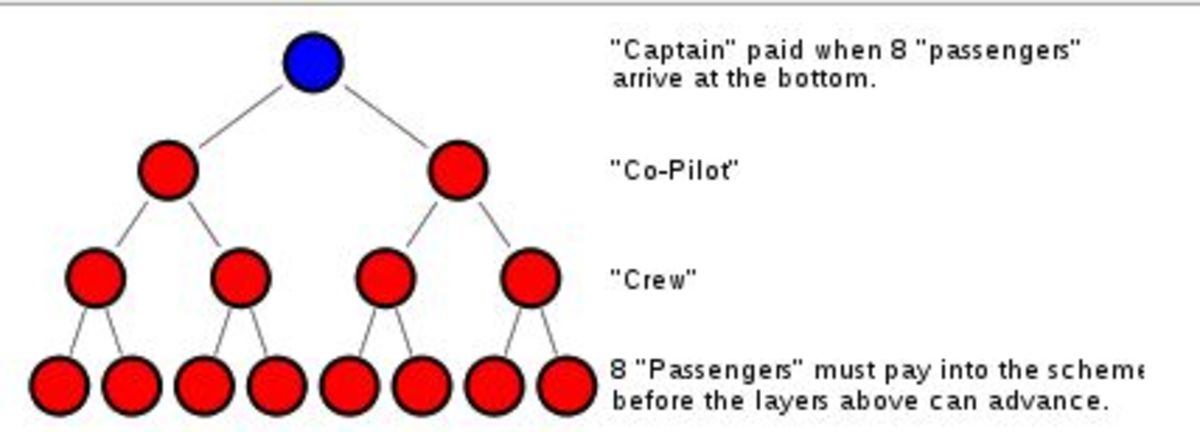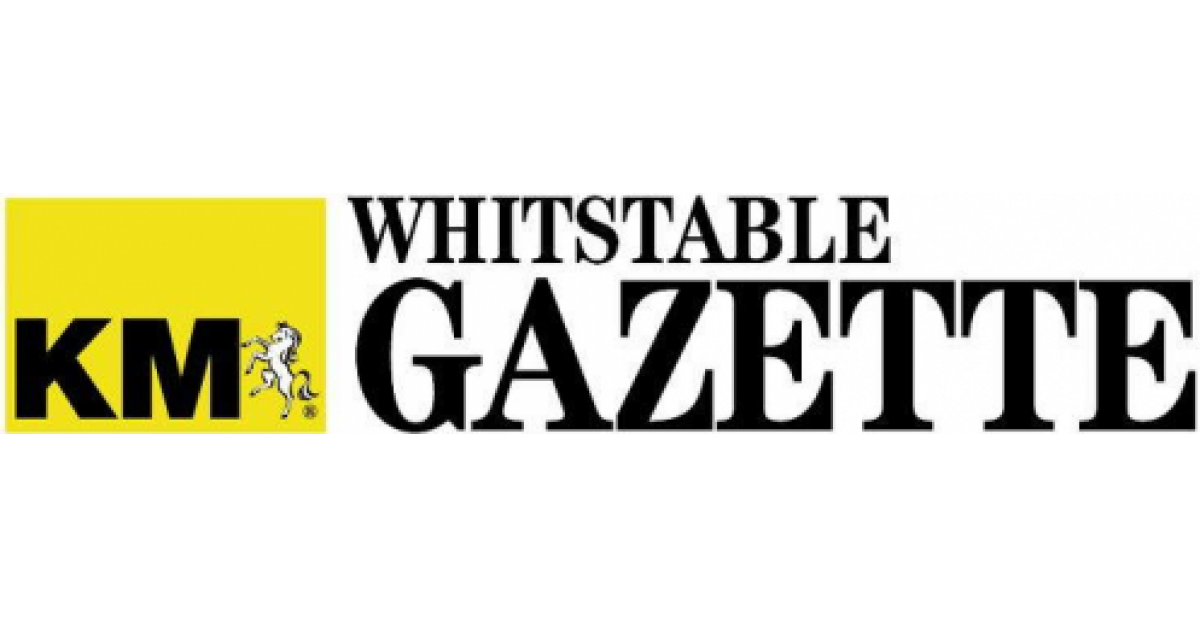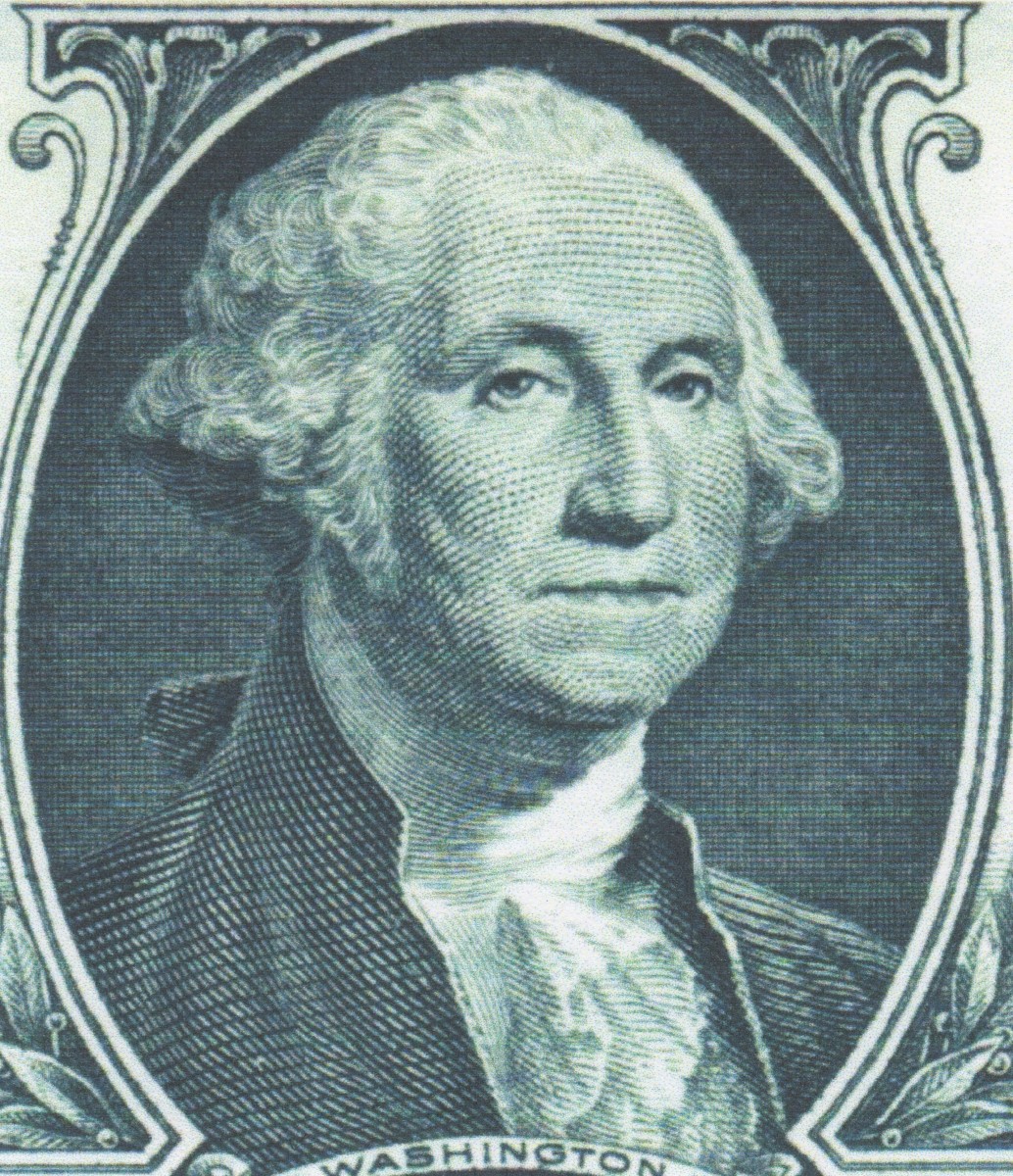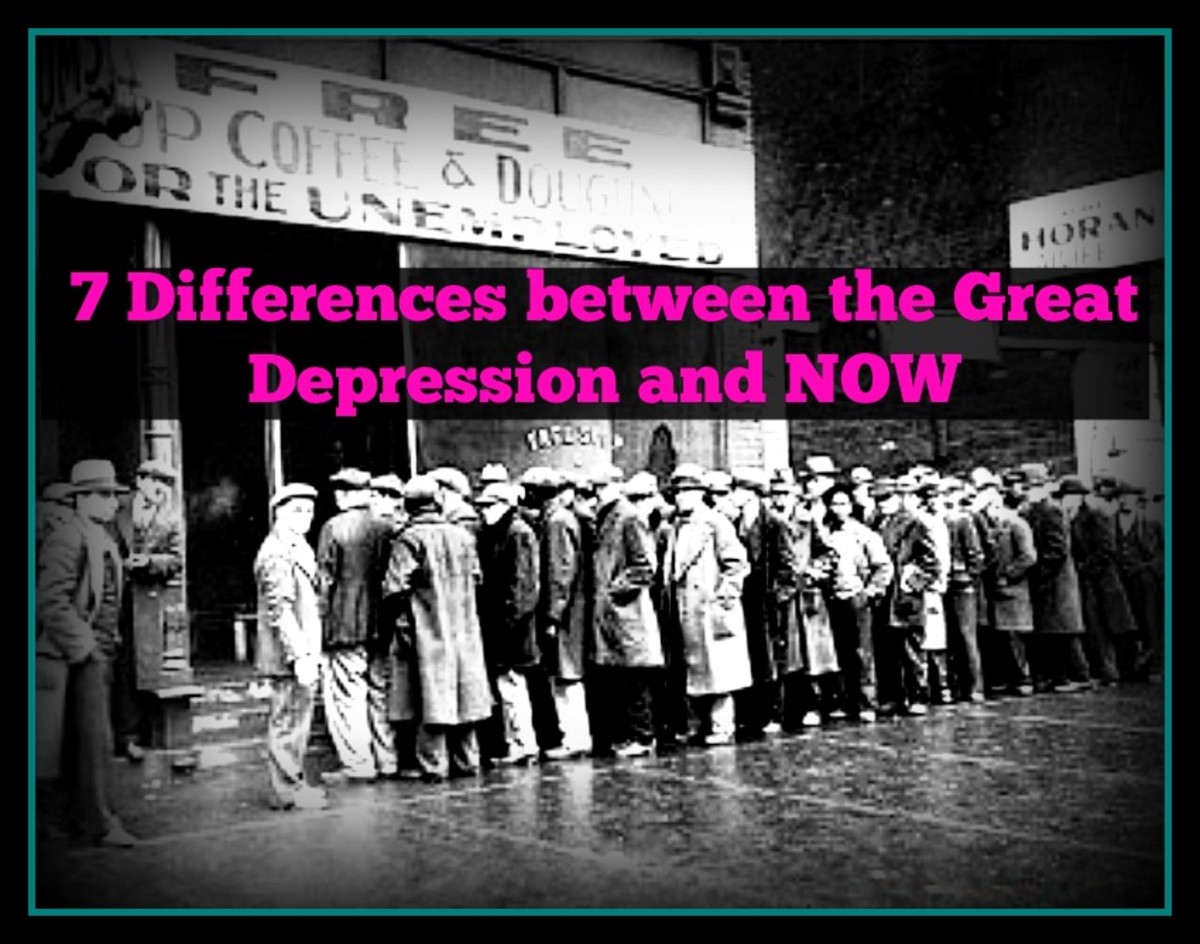Is More Government What this Economy Needs
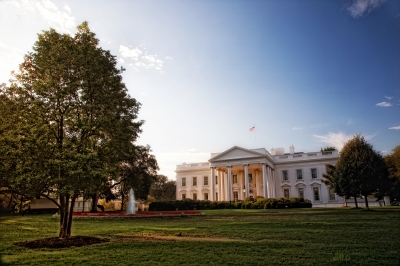
With the budget debates continuing between the current administration and the house, the question of raising the debt ceiling has become a hot topic. Just recently, the president argued that republicans resistance to raising the debt limit is like putting a gun to Americans' head.
Whenever I hear the government talking about spending more, it means just one thing--bigger government and more taxes. In this unstable economic situation, is more government and thus more taxes something the economy really need?
I will answer this question as objectively as possible using analogies most of us can understand.
Basic Economics
The basic law of economics involves supply and demand from the macro view. When you get down to the micro view, it involves the behavior of people and the choices they make on how they spend their money for their self-interest.
Thus, if you only make a modest salary per month, and are in need of a good commuter car, which car would you get?
- Chevy Volt (35 city/40 hwy mpg; new $40,000 msrp, $32,500 with government tax credit)
- Hyundai Accent (30 city/40 hwy mpg; new: $14,500 msrp)
- Toyota Prius (51 city/48 hwy mpg; new $23,500 msrp)
More than likely you will buy a Hyundai Accent or maybe a Toyota Prius. The Chevy Volt is just plain expensive. If most people felt the same, what do you think will happen to the company that makes the Volt? Well, if they kept on doing the same thing and not delivering something people demand or need, they will not make any profit, and eventually go out of business. Unless the government bails them out again.
Because most people will buy either the Hyundai Accent or the Toyota Prius, those two companies will continue to make profit and grow over time. While Chevy continues to get a handout from us, via US government stimulus programs.
More Government: What does this mean?
More government means one or more of the following things:
- The government establishes new agencies to regulate private companies
- The government stimulates the economy by spending on roads and infrastructure (e.g. road resurfacing, high speed train, building roads/bridges, weatherizing homes)
- The government stimulates the economy by saving government jobs
The government definitely creates jobs--more government jobs, that is, to run the new agencies it puts in place. Case in point--the EPA (Environmental Protection Agency). The EPA was established by President Nixon in 1970. It employed just over 4,000 people then. Today they employ just over 17,000, and at their peak they employed over 18,000 people. They started out with a budget of $1B of discretionary spending. Today, they are at a budget level of just over $10B! Next will be the agency that will run our government healthcare system. I'm sure this will create jobs as well (government jobs to be exact), and probably at a faster pace than the EPA, and with a budget to match!
Stimulus money for roads and infrastructure definitely helps keep jobs. It also helps create temporary jobs to help with the construction work. However, when the project is done, and the money runs out construction companies goes back to their normal routine of finding projects, and lets go of the temporary help in the process. Basically the money is sucked into the economy and is used up. it causes local governments to spend money on things that would otherwise fail because they had no money. At the end of the day, it can cause a little blip in the economy, but it basically comes and goes. In my neck of the woods, I see a lot of road re-pavement (even those that don't need it), and yet the economy remains dismal.
Some of the recent stimulus money have gone to save the jobs of teachers in various states. In my state, the money was able to keep teachers for another year; but this fiscal year the money ran dry. Our district was in a hole several million dollars, and couldn't depend on the state government to bail them out. That's because the state itself had its own fiscal problems to deal with. Basically, the money didn't stimulate the economy, but instead just postponed the inevitable.
How More Government Helps the Economy
So how does more government help the Economy?
It doesn't.
Government is a money sink. It is unlike a business; it doesn't produce anything nor provide a service you can get elsewhere. But it can certainly suck in money faster than a vacuum cleaner. Check out a real time view of the US debt at http://www.usdebtclock.org/. Current US debt is just over $14,000,000,000,000; and it employs just over 4 million federal employees right now!
Growing the government isn't the answer. What government can do is encourage private business development and avoid legislation that discourages business and job creation. More jobs means more taxes from people who work.
I'm Broke, but I Want Higher Credit Limit
What?!
The government wants to raise the debt limit. This is tantamount to giving someone, who is broke and can't figure out how their going to pay their bills, a higher credit limit! What is wrong with this picture?
When applied to the government, it just means more taxes. More taxes mean less money in the pockets of consumers who really are the ones that cause the demands in goods. Less demand means less production of goods. This can lead to layoffs or downsizing if a company cannot sustain a larger workforce. Layoffs mean that the economy is getting worse.
The Bottom Line
The Government should stay out of the way and let the laws of supply and demand dictate what should be. Production of what people want or need will rise, causing a more permanent impact to the economy. Government induced production has some impact, but it is only temporary in its effect--lasting only as long as the money provided lasts.
Thus, this economy doesn't need more government; it needs less!



